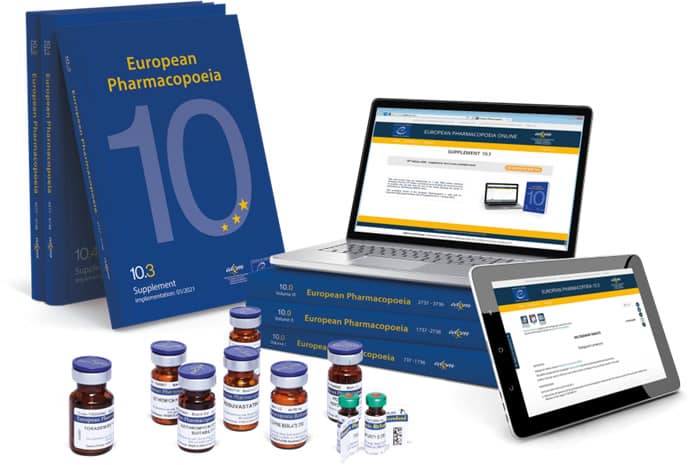Last Monday, the US Food and Drug Administration granted approval for Aducanumab, the first new drug treatment for Alzheimer’s disease in 2 decades. Here, I attempt to provide answers to common questions on this landmark new drug, also known as Aduhelm.
What is Aducanumab?
Aducanumab is a monoclonal antibody therapeutic. Monoclonal antibodies are man-made proteins designed to act like human antibodies. Aducanumab is designed to bind to and help destroy amyloid beta (proteins) from the brain. Amyloid beta is thought to be involved in the progression of Alzheimer’s disease.
How does it work?
Aducanumab works by eliminating beta-amyloid plaques in the brain — a process that, according to Biogen, slows down the ability to destroy brain cells. Whether this alone is enough to slow down cognitive decline is not clear for now. Assessments, based on tests of cognition and function, for Aducanumab and a placebo showed only marginal improvement.
Who can get the drug?
Aducanumab was approved using the accelerated approval pathway. The drug was tested in patients with mild cognitive impairment, so is now approved for all patients with Alzheimer’s. But there is a catch. Post-approval trials will still be needed. Patients will need regular monitoring after starting treatment) and if post-approval trials fail to show the drug works as intended it could be pulled from the market.
How much does it cost?
According to Biogen the yearly cost for a maintenance dose, based on an average patient’s weight, will be $56,000. This is the list price, not the price paid by patients or government agencies like the NHS. The final cost of treatment will depend on many other factors.
How is the drug administered?
Aducanumab is given by IV over about an hour once every four weeks.
What can patients expect?
Aducanumab is not a cure and it does not reverse the disease’s progression. In clinical trials, success was measured not by cognitive improvement but by slowing in the rate of cognitive and functional decline.
Any side effects?
In two clinical trials, about 40% of clinical trial patients who got the approved dose of Aducanumab developed painful brain swelling. Symptoms included headache, dizziness, visual disturbances, nausea, and vomiting; about 17% to 18% of patients had microhemorrhages in their brains.
When will the drug be available?
Biogen expects to start shipping supplies in about two weeks across the U.S. International shipments will likely take longer pending approval, if and when it happens.
Why has this drug been so controversial?
For several reasons: First, Biogen had to stop two trials of Aducanumab in March 2019 after independent monitors, looking at data during an interim analysis, concluded the drug was unlikely to benefit patients. Second, and perhaps most importantly, the amyloid hypothesis, on which this drug is premised, has yet to be proven. It’s not clear if amyloid plaques, or tangles of another protein called tau, are causes or effects of Alzheimer’s. Finally, many experts are concerned that the desperate need for new treatments might be leading regulators to accept limited evidence of efficacy.
What other drugs are available now?
Three acetylcholinesterase inhibitors, donepezil (Aricept), galantamine and rivastigmine and memantine (Ebixa), a glutamate receptor antagonist, are all approved for managing mild to moderate Alzheimer’s disease.
What else is in the pipeline?
As of May 2021, there are over 120 agents in clinical trials. Most drugs in trials aim to achieve disease modification by targeting the underlying biological processes of Alzheimer’s disease (AD).






